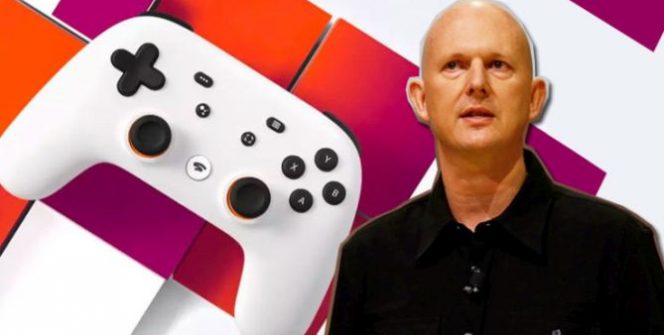The company spent tens of millions of dollars just to see games like Red Dead Redemption 2 show up in the streaming service’s lineup.
Bloomberg‘s Jason Schreier’s report reveals that aside from the aforementioned Rockstar Games title, Google spent money on unnamed Ubisoft games to see them on Stadia. Keep in mind that the money wasn’t spent on exclusivity deals. No, instead, this cash went for solely seeing the games in the Stadia game library! Despite all this money, the controller sales, as well as the monthly active users have all been behind expectations.
According to Schreier, the story can be lead back to Phil Harrison, who formerly was essential for Sony to build the PlayStation brand in the 90s. Within Google, many reportedly believed that Stadia should see a slow roll-out, with several betas testing the new features. However, Harrison said they should do a flashy, console-like launch, which, in hindsight, didn’t go that well. The additional/exclusive games would have been developed by Stadia Games & Entertainment (SG&E), which we recently mentioned that it’s shutting down altogether, meaning Jade Raymond (ex-Ubisoft, ex-EA) now has to look for another workplace. SG&E’s concepts didn’t go beyond the prototype phase either; there was one project, which was a mix between Google Assistant and Tamagotchi, allowing us to talk and interact with creatures. That doesn’t sound like a killer app for a streaming service.
There’s another report by Wired, which looked at the downfall of SG&E. It happened because Google failed to understand the difference between developing technology and games. „Google is an engineering and technology business. Making content—it requires types of roles that don’t typically exist at Google,” a source claimed. Wired’s sources say that there were serious internal issues, and the developers had to showcase the Stadia technology instead of talking about their games.
In April 2020, Google announced a hiring freeze before SG&E’s second studio (in California, the first one was in Montreal) was properly staffed. It happened due to Google’s lack of commitment. A few aspects improved later (access to development tools, performance reviews), but the number of employees did not grow. In late January, Harrison said that SG&E made „great progress building a diverse and talented team and establishing a strong line up of Stadia exclusive games.” That sounds okay, but the shutdown of SG&E was announced a mere five days later!
Wired points out that Google and Amazon are in the same shoes (effectively unlimited budget, no progress in game development), and two sources claimed that Google should have followed the Microsoft approach: buy studios, leave them doing their thing, fund their projects. (And Google bought a single studio!) „I saw that the only way this could work is if Google accepts that we take it step-by-step. If Google is interested in carving its place in this market, then it would be fine with losing money at the beginning to establish its presence,” a source said.
Google wasn’t patient, and the company didn’t properly overview what they should have done.














Leave a Reply